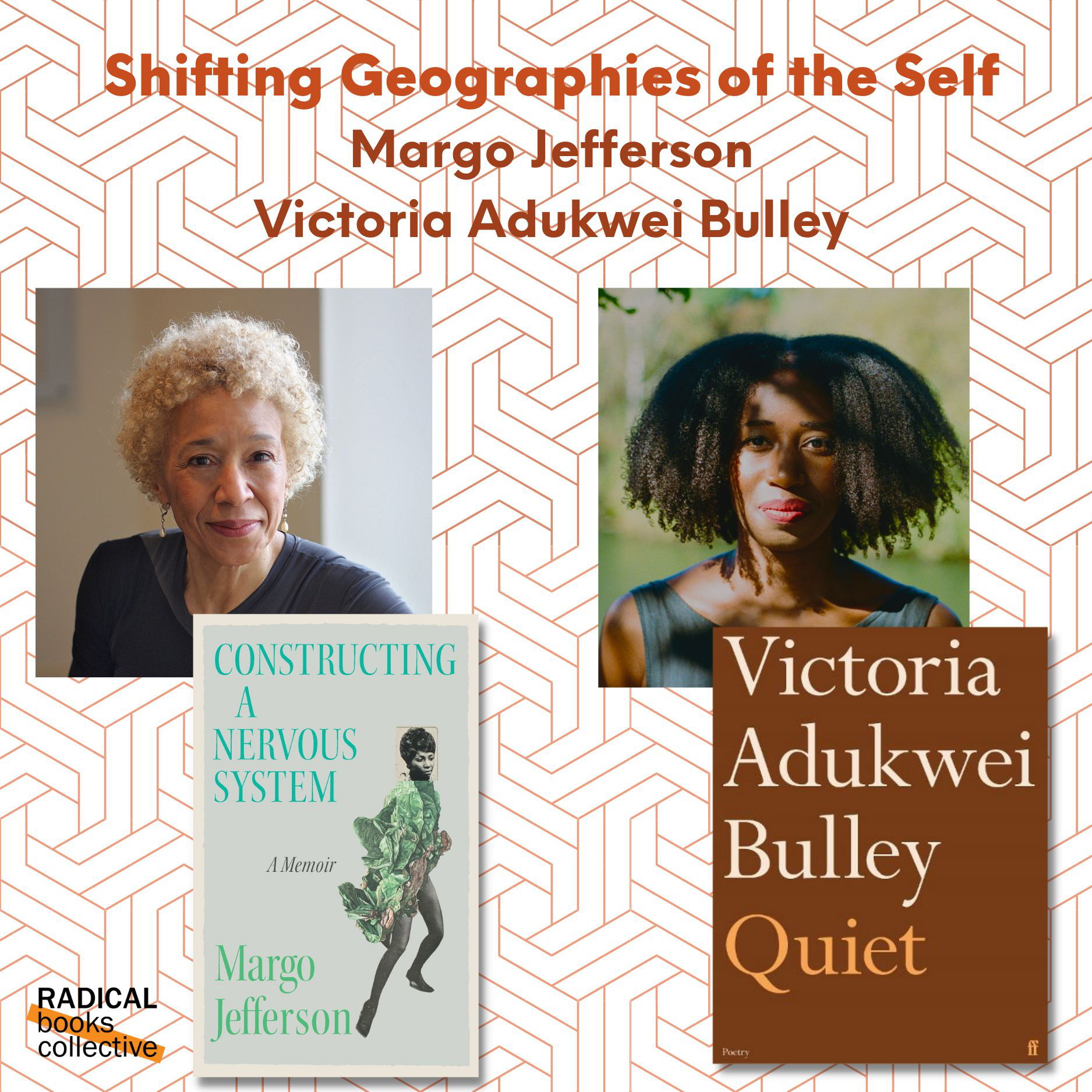
Brittle Paper and Radical Books Collective collaborate on a podcast feature of the 2023 Rathbones Folio Prize winners British-Ghanaian poet Victoria Adukwei Bulley and American poet Margo Jefferson titled Shifting Geographies of the Self.
The authors spoke to Bhakti Shringarpure, BookRising host and creative director of Radical Books Collective. The conversation touches on their winning books, the challenges Black women face in the publishing industry, the importance of mentoring and camaraderie among writers, and much more.
One of the many highlights during the interview is the authors’ response to Shringapure’s question about fusing the political and the aesthetic in writings:
Bulley remarks:
I don’t think it’s that difficult to bring the political . . . into the aesthetic. Personally, when I’m writing poems, poems for me are like note-taking. So, the way that I think about history, or the way that I think about current affairs, it kind of forms poetry in my head because I’m trying to get to the heart of the matter at all times. In order to do that, I have to strip away all the language that is like stuffing and try to come to some kind of clarity . . . Poems for me are the result of that process. I don’t really see a distinction between reading an academic text, reading a nonfiction text, and poetry for me is just where it goes. It’s just a place where I think. Anything can influence that thinking, whether it’s other creative works or whether it’s actual real life events.
Jefferson responds to the question, humorously commenting that political discourse can often feel like very generic fiction because every word sounds like a cliché, or sentimental poetry. Poetry is, in some ways, the opposite of that. She adds:
As soon as you say craft, narrative strategies, aesthetic techniques, the assumption is this is so complicated, this is profound. We say race, gender, politics, colonialism, and suddenly they become these big, vast chunks of profound but generic meaning. The fact is there are so many ways of growing up, of being a colonial subject or colonial object, of being black, a person of color, of being a woman, of engaging with gender and sexuality. There are as many ways of being that, meaning writing it, as there are strategies, narrative techniques, poetic devices. They’re all there. We have to . . . live up to, excavate that complexity, rather than just leaving it kind of flat.
The whole conversation is wide-ranging and engaging. Listen to the full podcast here.









COMMENTS -
Reader Interactions